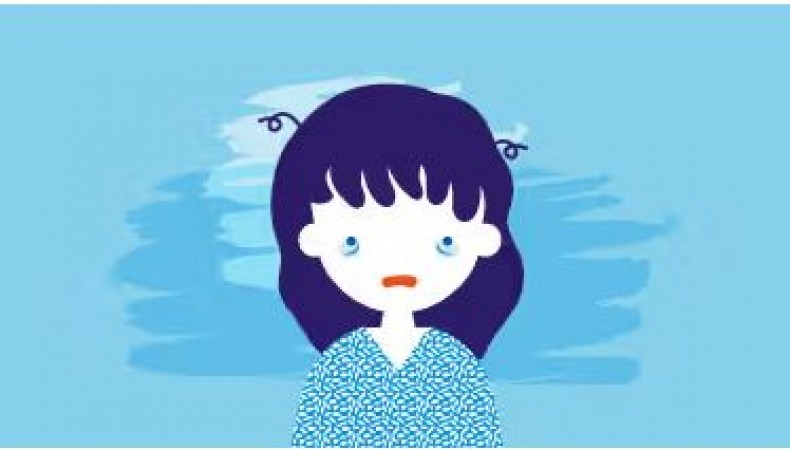
Lack of sleep can have many negative effects on our health. It not only relaxes the body, but is also essential for maintaining our overall health and fitness. Due to today's hectic life, people often do not get enough sleep. Here we tell you why 7-8 hours of sleep is so important and what problems can occur due to lack of sleep.
1. Brain function is affected
Lack of sleep has a direct impact on brain function. When you don't get enough sleep, your concentration and attention decrease. This also affects your decision-making ability. This can result in disruptions in your work, increased risk of accidents, and reduced ability to solve problems.
2. Immunity becomes weak
Getting enough sleep is crucial to keeping your immunity strong. During sleep, your body makes proteins called cytokines that help fight infection and inflammation. When you don't get enough sleep, your immunity weakens, making you more susceptible to common illnesses like colds and the flu.
3. Increases the risk of chronic diseases
Lack of sleep can lead to many health problems, such as heart disease, stroke, diabetes, and high blood pressure. Lack of sleep can also lead to high blood pressure and sugar levels, which can lead to long-term health problems. Therefore, getting regular and adequate sleep is essential for your health.
4. Risk of weight gain and obesity
Sleep deprivation is linked to weight gain and an increased risk of obesity. Sleep affects the hormones that regulate your appetite and eating habits. When you are sleep deprived, your body produces more ghrelin (the hunger hormone) and less leptin (the hormone that signals fullness), which can lead to overeating and weight gain.
5. Mental health problems
Sleep also has a profound impact on mental health. Not getting enough sleep can worsen existing mental health problems, such as anxiety and depression. In addition, sleep deprivation can also create new mental health problems, such as stress and emotional instability. Sleep deprivation can also affect mood, leading to irritability and emotional imbalance.
Sleep is vital for maintaining both physical and mental health. If you don't improve your sleep habits, it can have a negative impact on your health. Maintaining a regular sleep schedule, creating a comfortable sleep environment, and avoiding caffeine before bedtime can make a significant difference in your health. Remember, good sleep is not just a luxury, but it is essential for healthy living.
Dharmendra does not stop even after refusal ... When you start doing this work once
Because of this person, Abhishek's night was spent on the road